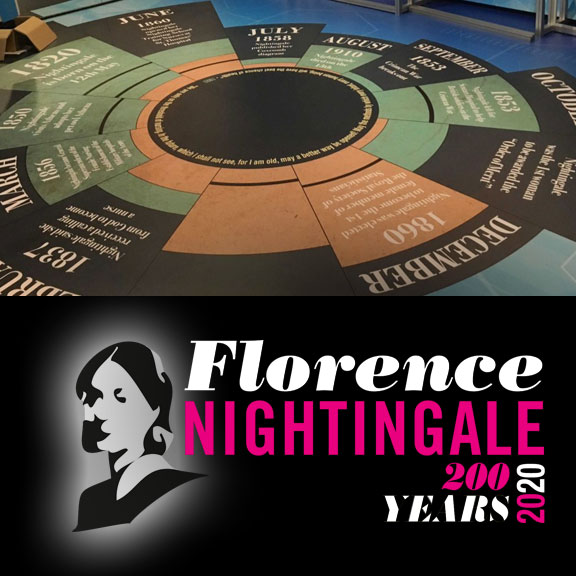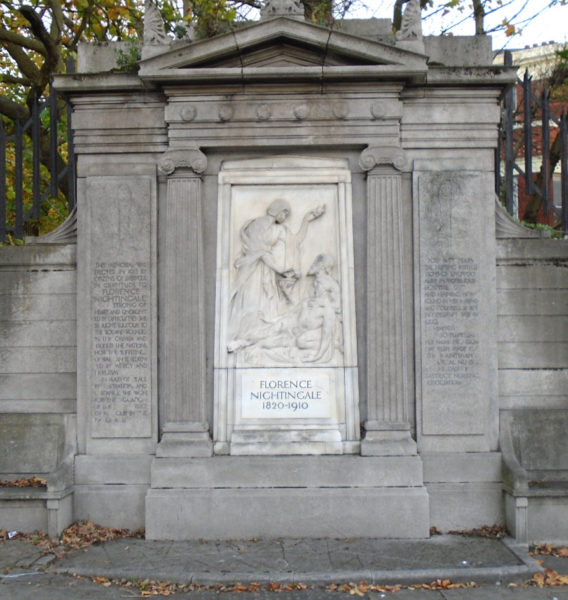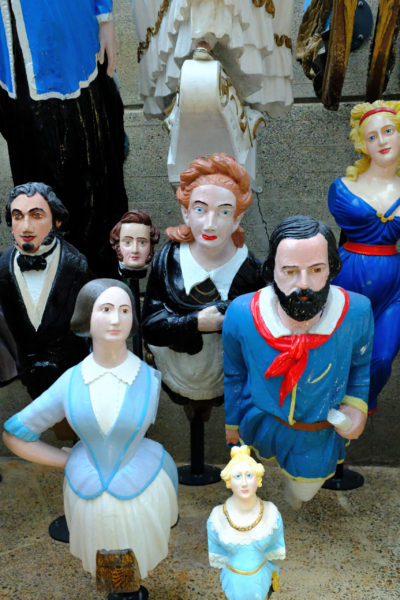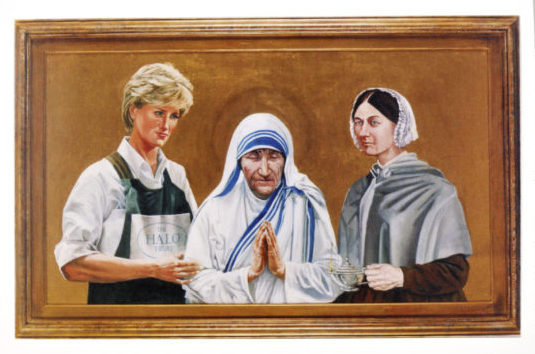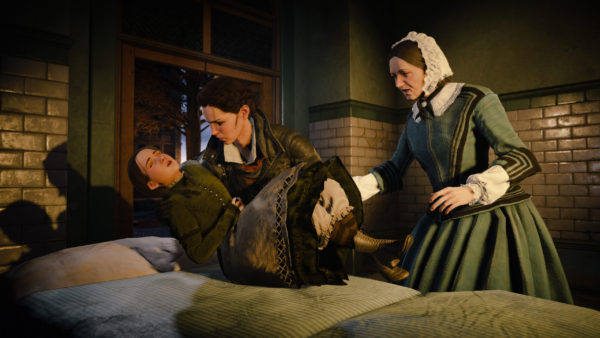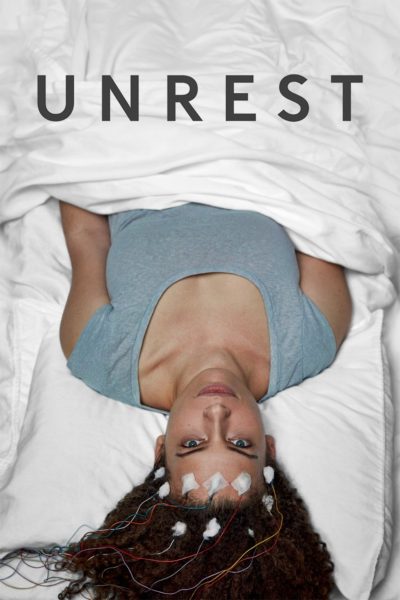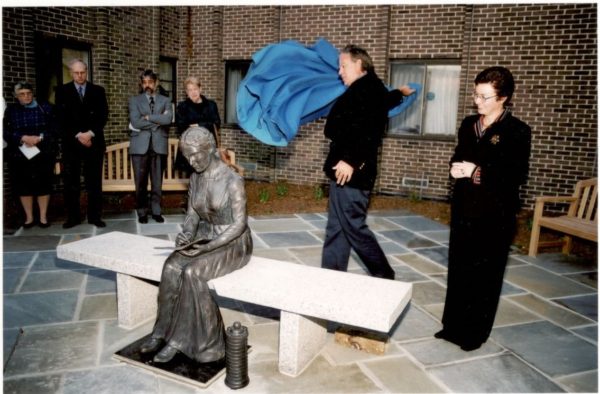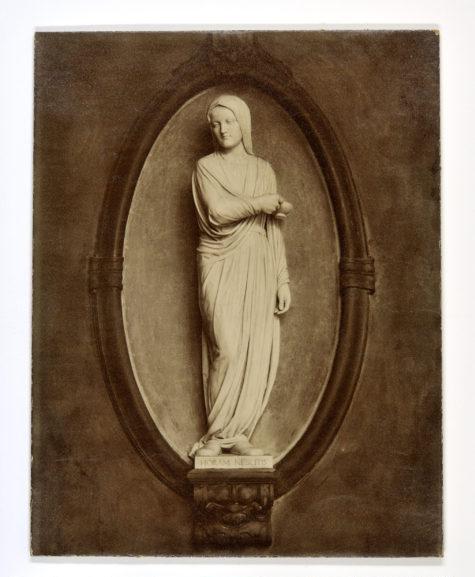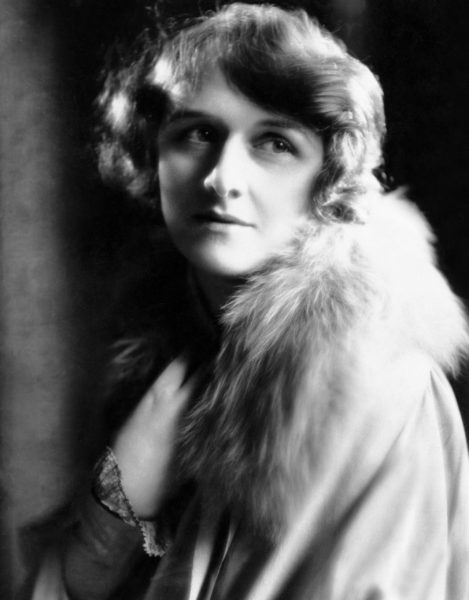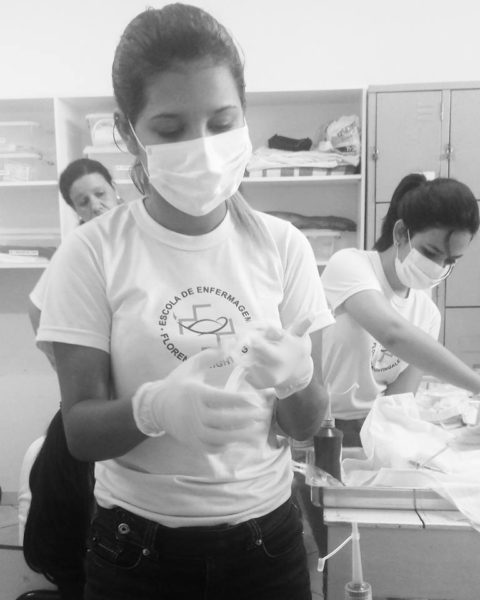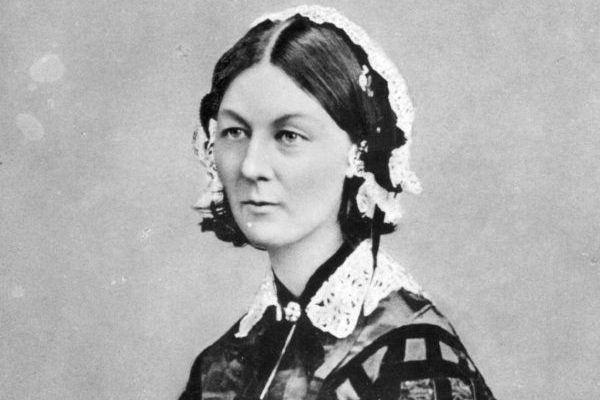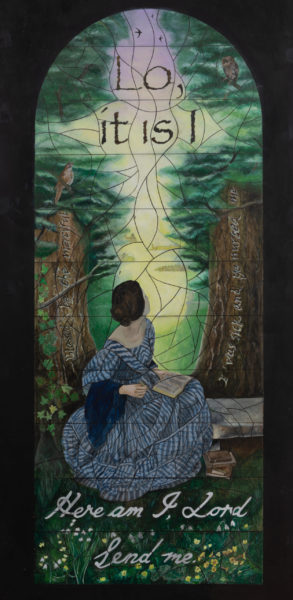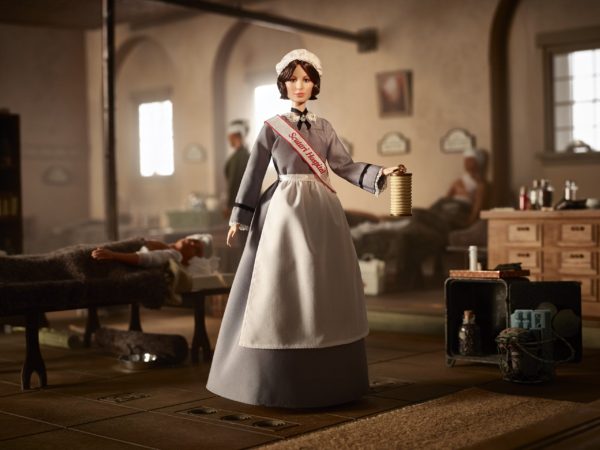Pop Culture Icon
‘Unrest’, 2017
Display No. 149
Nightingale experienced chronic illness for most of her life. Whilst working at Scutari she contracted a bacterial infection called brucellosis. Symptoms include fever, nausea, loss of appetite, sweating, headaches, extreme tiredness, and joint pain. Antibiotic treatments were not invented until 1928 and so the infection became chronic, resulting in recurring episodes of illness for the rest of her life.
The symptoms which Nightingale experienced are similar to ME (Myalgic Encephalomyelitis). The effects of ME are devastating and leave 25% of patients housebound or bed-bound, and there is currently no cure. ME is poorly understood and people with ME can be accused of “faking” illness. In 2017, Director Jennifer Brea released a documentary, Unrest, which she created after she developed ME. In this interview she talks about her experiences of chronic illness and creating the film.
Today/Youtube
Exhibits from ‘Pop Culture Icon’
Discover the 200 Exhibits
Nightingale is respected worldwide for her pioneering role in developing the nursing profession, her statistical work, and her evidence-based approach to healthcare. In honour of her bicentenary the World Health Organisation have named 2020 the Year of the Nurse and Midwife.
In our special exhibition, you will find out about objects, people and places which tell interesting stories about Florence’s life and legacy. You’ll discover artefacts from her life, people she both inspired and challenged, and places she helped to shape. There’s many more insights too!
Please click on the different sections of her famous coxcomb diagram to explore various aspects of her life and legacy. We hope you enjoy exploring!

